22, 23 and 24 September 2021
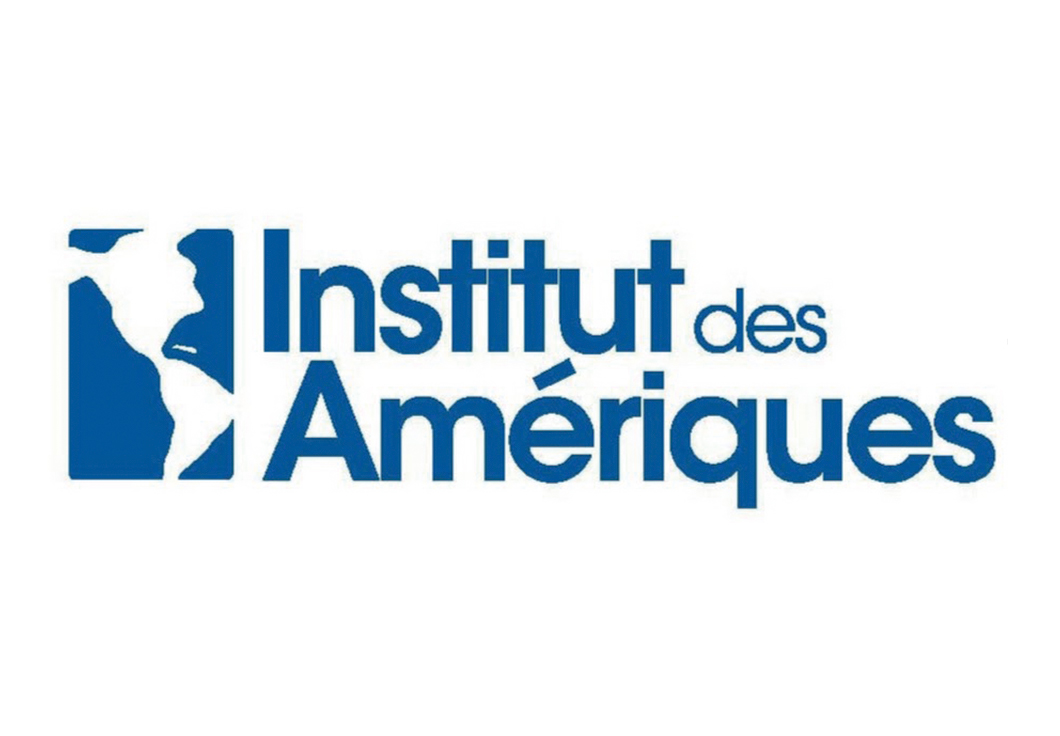
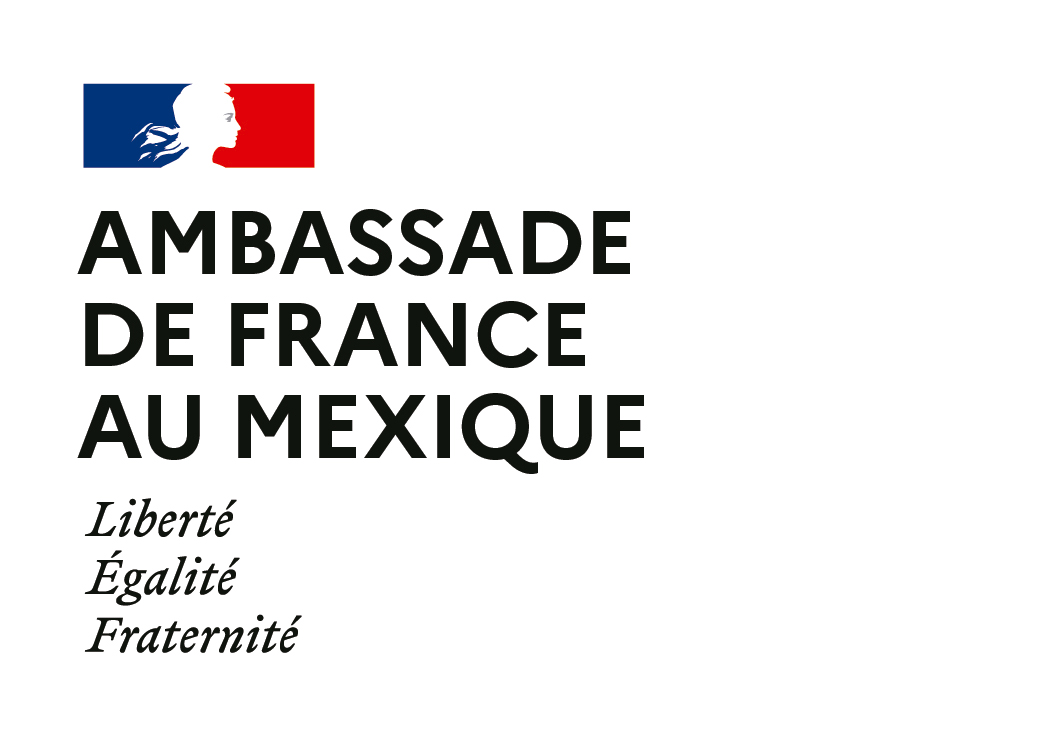
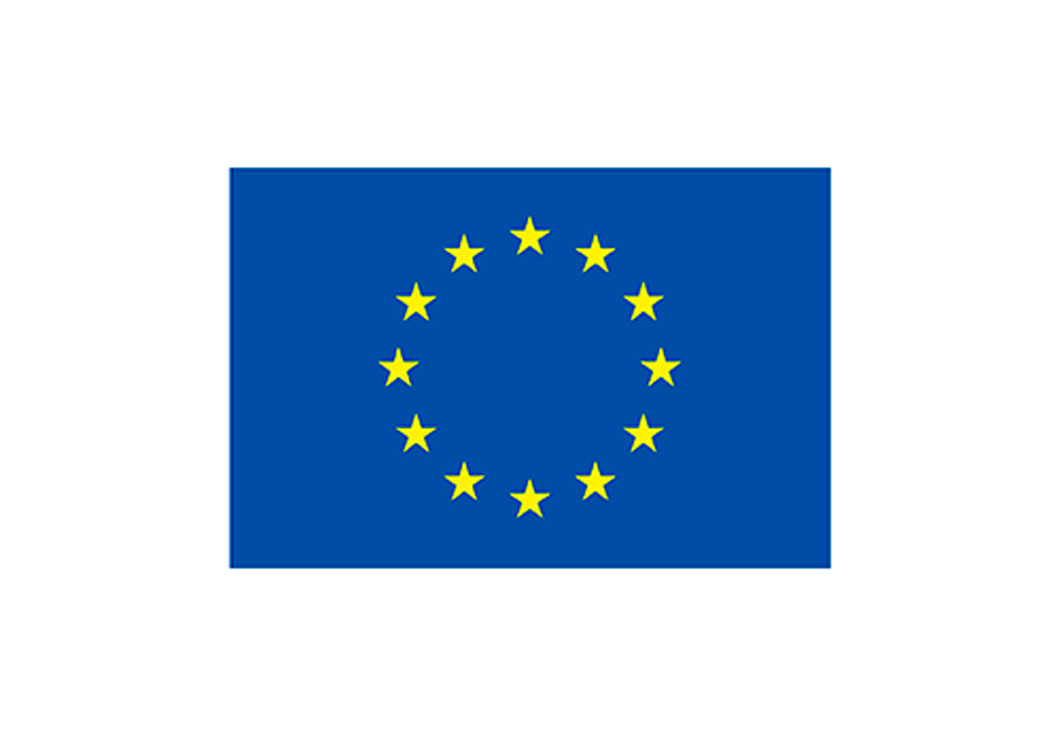

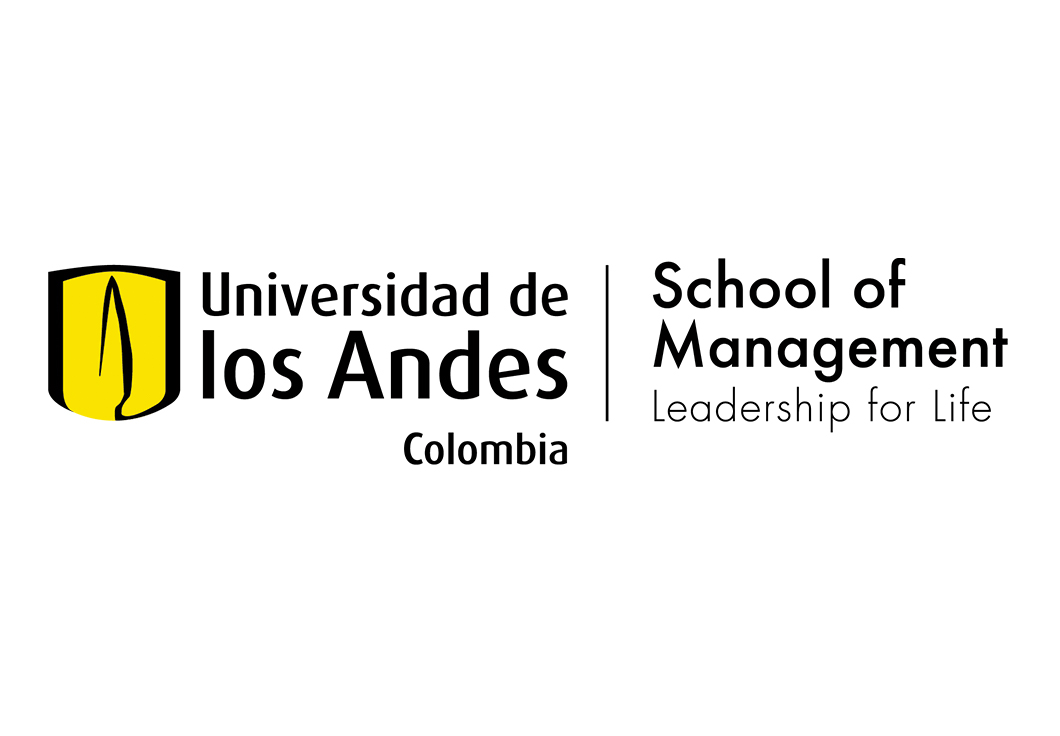
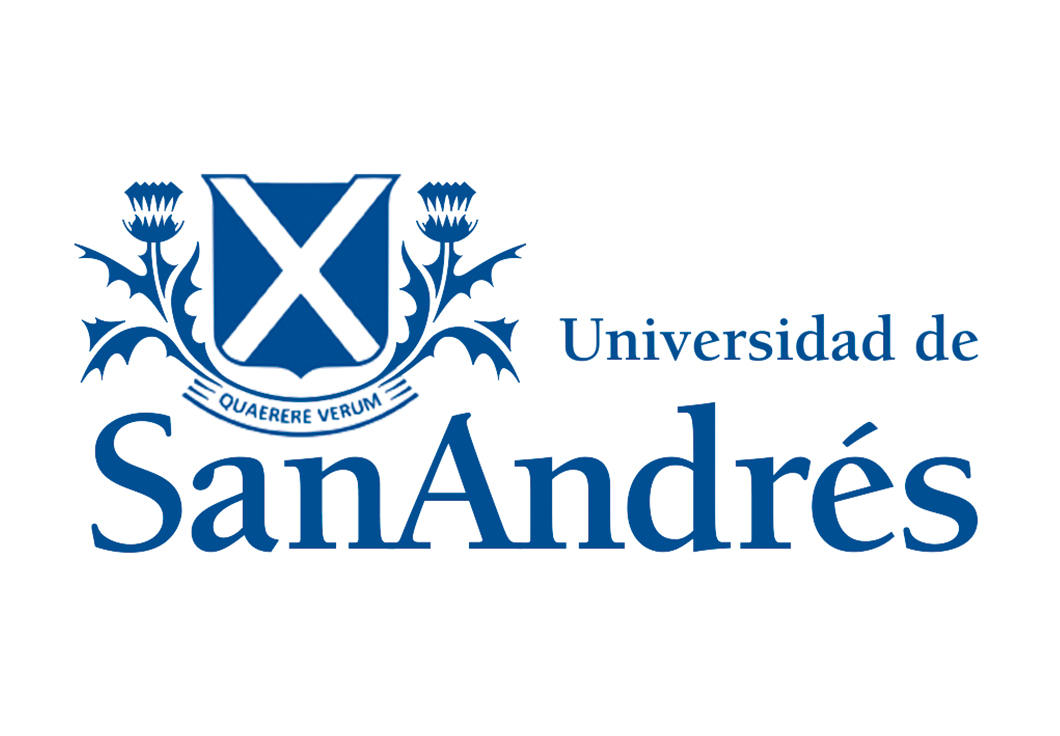
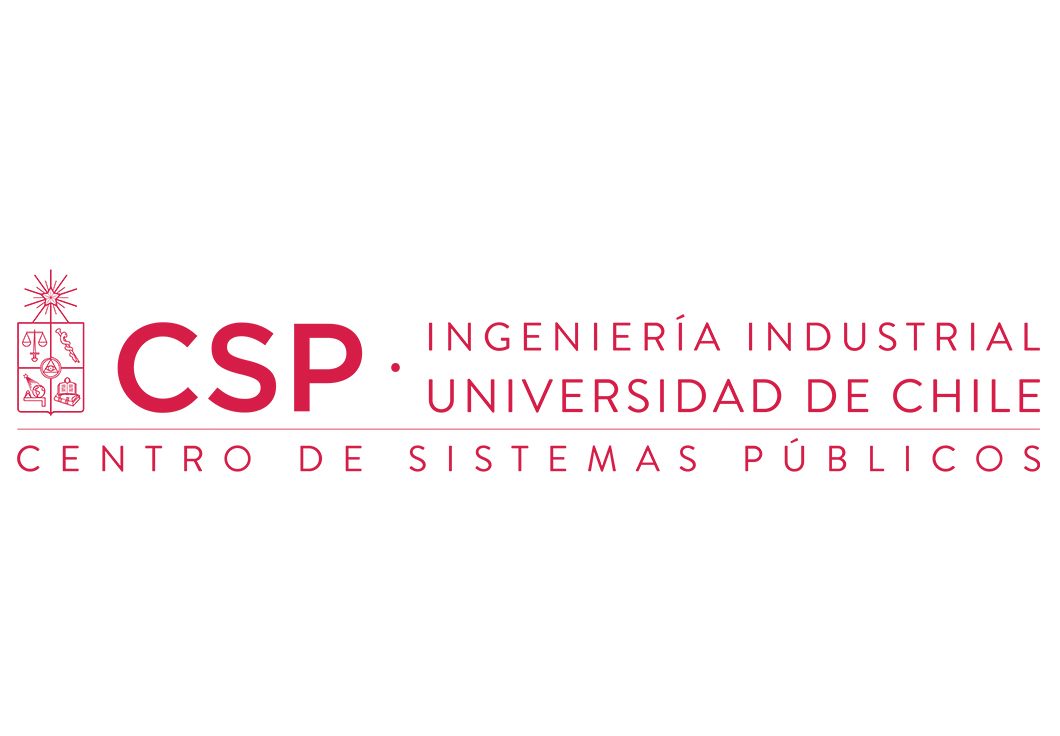
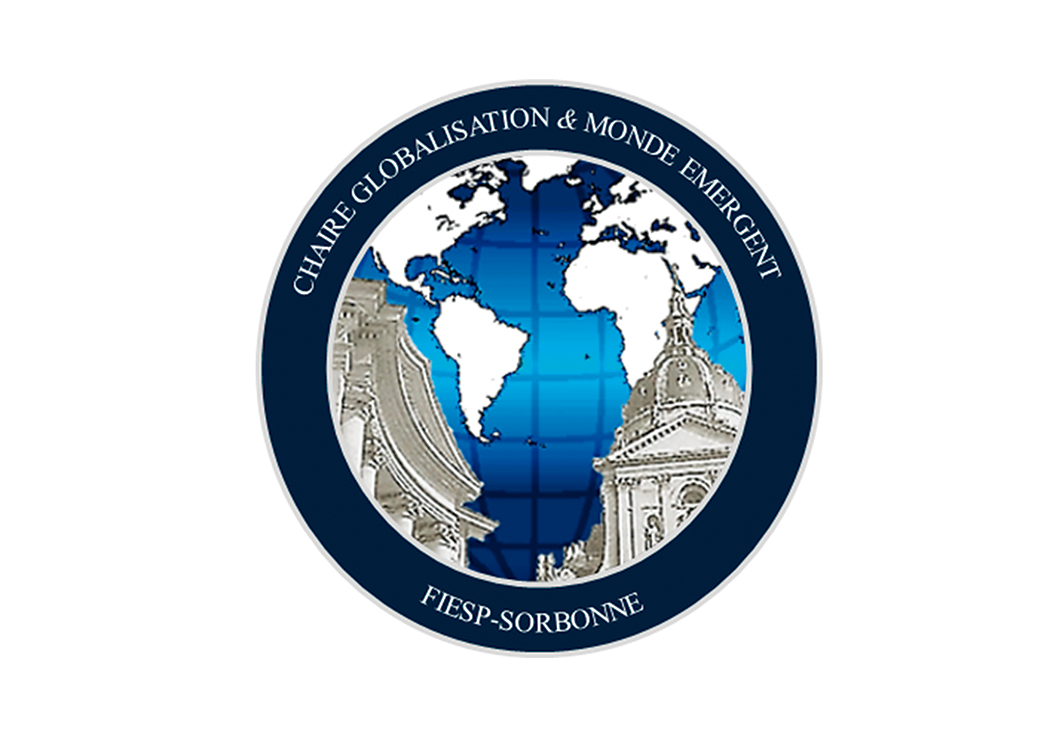
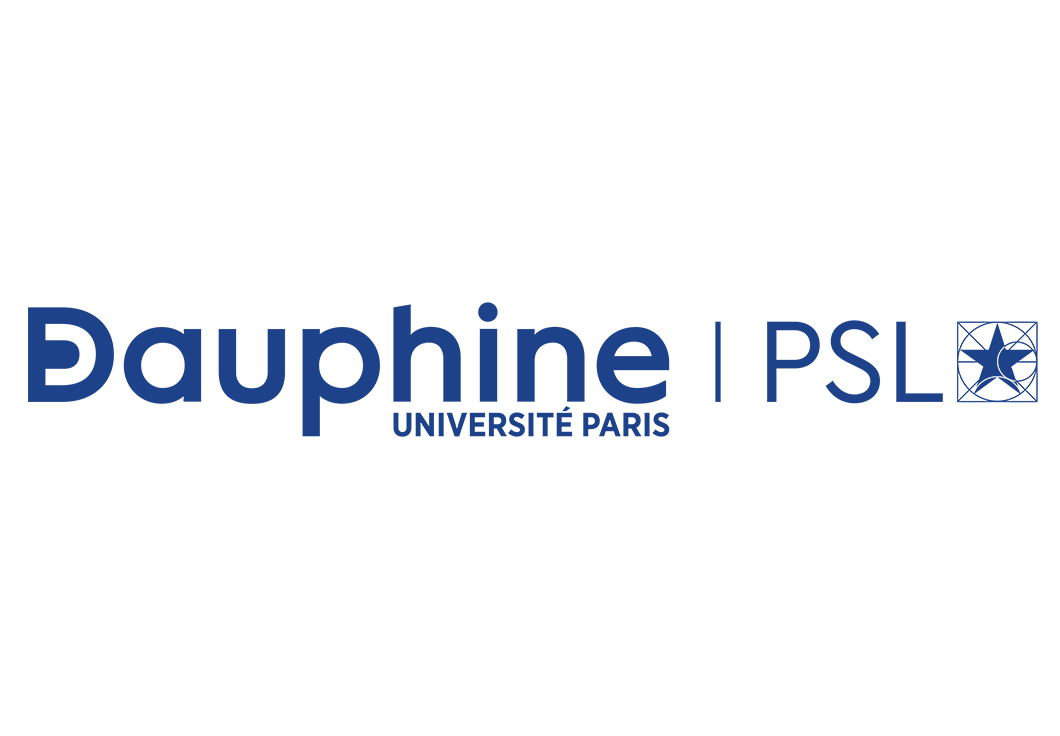
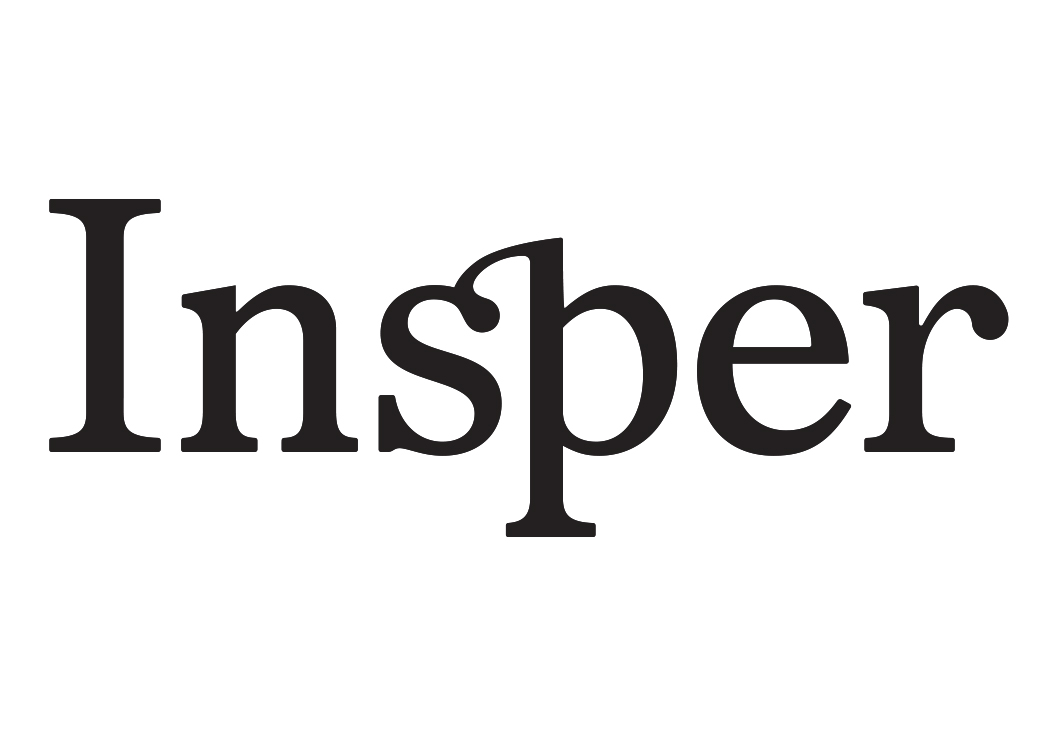
The 2021 Colloquium is part of a context marked by the pandemic generated by COVID 19 and its multiple macro and micro economic, human, social and environmental effects. New technologies that have transformed in just a few decades the functioning of the economy and markets, the way of governing and exercising politics, the dynamics of organizations and the very lives of individuals have proved crucial in dealing with crises, providing creative solutions, and opening ways of recovery. The anti-virus strategy has made virtuality an extremely effective tool to overcome the spatial barriers imposed to counteract its spread and thus accelerated an on-going process, deeply reshaping ways of operating and interacting in and between organizations.
At the same time, being the spread of unequal technology between continents and within countries, the global crisis (health, economic, social, and environmental) has precipitated economic sectors and vast segments of the world's population into recession and poverty, deepening the phenomenon of social exclusion.
As far as the international stage is concerned, great uncertainty prevails that makes resilience and adaptation strategies more necessary than ever, the use of technology and forward-looking thinking that, in both governments and organizations, lead to new forms of relationship to meet the challenges that arise.

This colloquium aims to see how the above-mentioned problems and changes, enhanced by the global crisis, impact the way we innovate and manage in the European and American environments. The colloquium will lead to an interdisciplinary dialogue in the field of management and its different levels of analysis. By bringing together professors and researchers from both sides of the Atlantic, their goal is to continue to forge a scientific community willing to share new theoretical approaches, review existing paradigms, confront them, and contrast them with new realities, favoring research in management nurtured by them. The 2021 Colloquium aims to constitute a space for exchange and learning and to go beyond academic boundaries to contribute to the dialogue between the various actors (economic, institutional, and social) of both continents.
Previous colloquia’s have demonstrated the usefulness of these scientific meetings for higher education institutions as they help to reflect on the relevance of research and academic content and to generate conceptual and empirical responses to the challenges of both regions. See the scientific report of the CERALE 2018 Colloquium .
The 2021 Colloquium, initially designed to be held in Mexico City, at Tecnológico de Monterrey Santa Fe Campus, will take place online. It extends the Euro-Latin American dynamics generated by the IdA-EULAC-CERALE Colloquium 2016 organized in Paris on the theme of "Elective affinities Europe - Latin America and the Caribbean, to contribute to sustainable development" and the CERALE-UniAndes Colloquium 2018, held in Cartagena de Indias, on "Innovation, Entrepreneurship and Sustainable Development. Rethink Europe-America relations in a dying world."
The thematic axis chosen will highlight the impact of new technologies on the resolution of global crises. Emphasis will be placed on economic and social changes in organizations (the factory of the future, Industry 4.0, artificial intelligence, big data, the circular economy, women's access to organizations), markets and consumption models (transition from a cumulative economy to a participatory economy). Efforts will be made to illustrate the role of new technologies in reducing or widening the digital divide between countries and within them and to discuss the individual's place in the on-the-fly digital revolution. It will discuss in what extent the changes and innovations in process are capable of placing, the bi-continental relationship on a sustainable trajectory, considering the three dimensions of sustainability: economic, social, and environmental.

The objectives of this event are:
To achieve these objectives, the 2021 Colloquium will take the perspective of America-Europe cross-eye and will be articulated around:
The target audience is a mixed audience comprising representatives from academia (research professors, PhD students, advanced students), representatives of the business world and policy makers, institutional leaders (cameras, development agencies, development banks...) and members of civil society.
Global Challenges and technological, business, and social response strategies in the Americas and Europe
22, 23 and 24 September 2021
The organization of the event rests on:
Armida Lozano, EGADE Business School; Florence Pinot de Villechenon, ESCP Business School; Osmar Zavaleta, EGADE Business School; Luz Marina Ferro, Universidad de los Andes; Juan Carlos Montes, Universidad de los Andes; Jorge Walter, Universidad de San Andrés; Gabriela Paz, EGADE Business School; Ana Lorena Mendoza, EGADE Business School and Alejandra Gómez, EGADE Business School.
Co-chaired by José Ernesto Amorós, EGADE Business School and Jean-François Chanlat, Université Paris-Dauphine PSL. Coordinator Martha Sánchez, EGADE Business School and Haydeé Moreyra, EGADE Business School. 35 expert teachers from their respective areas participate in the same areas who are listed below.
The colloquium programme will take place at three days, alternating academic sessions and plenary sessions. The final program will be communicated in advance. Academic sessions are organized around eleven subjects. The aim is to encourage discussion and exchange between the two regions on:
Most have dual European and American coordination. The selection of communications will be carried out by the Scientific Committee.
Academic journals:
International Management
Management Research
They will receive the best proposals and cases selected by the Scientific Committee for the publication of special issues in these journals.

Panels or roundtables in plenary format are under development and aim to spark inter-regional debate. The panels will start with a brief presentation of the status of the problem and then give room for discussion among the participants.
It is planned to invite representatives of international bodies, as well as members of the Latin American and European business community with experience in the topics covered.
The session coordinators are members of the Scientific Committee.
Click in the session to see more information:
Co-chairs:
Management research in recent years has been based on unrestrained globalization processes: opening economies that make it increasingly easier for companies to establish themselves internationally so that they can serve an ever-expanding variety of country markets (market side) and increasingly organize their value creation processes more globally (supply chain / production perspective). In the context of such a globalizing “arena” questions about consequences for internationally operating companies were raised: Which internal and external factors must be guaranteed in order to be globally successful?
This research focus is offset by recent political efforts by some governments to re-pursue national interests. The introduction of punitive tariffs is just one example of the impact of such developments. It is also alarming that right-wing parties are gaining momentum in a number of countries on all continents, and the overall political sentiment is moving to the right. We see a great danger in such developments because central issues of concern to humanity (especially poverty, hunger, health, and climate) can only be solved through international coordination and joint efforts.
What challenges do international companies face in this context? How can the growing uncertainty of the global context be managed? How can international companies take advantage of globalization to make their contribution to a sustainable future? What role does diversity play in all its facets?
These and related questions will be the object of investigation in our session. The geographical focus is not restricted to an intercultural Latin American / European context, although contributions with this specification are particularly appreciated. Moreover, there is a preference (but not exclusivity) for empirical papers (grounded both on qualitative and/or quantitative methodologies).
Co-chairs:
This session will deal with the contrasting effects of internationalisation processes at work in Latin American and European businesses. It will present multidisciplinary papers examining all the issues which organisations face when operating in new environments, including in emerging markets: governance, internalisation, innovation, cultural & organisational change and training.
Co-chairs:
This session will analyse the world of finance and how it is affected by health shocks like Covid-19 and global shifts such as technological, regulatory and stock market changes, foreign direct investment, the capital structure of companies and the stance of economic policies. Particular attention will be given to the themes of FinTech, Blockchain, Machine Learning and Stock Exchanges. Papers dealing with these changes are welcomed.
Co-chairs:
The entrepreneurial spirit has gradually acquired increasing significance for organisations of all kinds. Both the individuals leading entrepreneurial actions and the results of these actions have become a key topic of observation and analysis. Innovation and entrepreneurship have become increasingly important not only for academic research, but also for a wide-ranging sector comprising practitioners and policymakers focusing on entrepreneurship.
With this in mind, this session aims to discuss the issues linked to various forms of entrepreneurship, from social and institutional to intrapreneurship. It will also endeavour to examine issues such as crowdfunding or the way in which new technologies help to improve entrepreneurship. Papers on entrepreneurship education which explore and compare experiences and educational models in teaching in this management field are also welcomed. We also invite contributions that look specifically at entrepreneurial eco-systems.
Co-chairs:
As part of this call, we consider that corporate governance inevitably develops mechanisms to govern an organization. Back to the origins of this concept and combining the definitions of Fayol (1911) and Daily et al. (2003), the action of governing is akin to the holding of the rudder, that is to say, to give meaning to collective action. From this point of view, one of the core attributes of corporate governance is to "lead" a balanced ecosystem that promotes stakeholders’ contribution to the development of the company. Another attribute would be to distribute the created value (not only the financial one) fairly between different contributors.
By its very essence, governance is thus a highly contextualized notion, rooted in a specific social practice. It cannot be underdone in isolation from a contextualized conception of leadership. It is true that the study of leadership is constantly evolving, but with more accuracy nowadays. This rapid transformation in the study of leadership reflects realities marked by institutional changes and, in particular, by technological advances. This session will cover topics such as women's leadership in companies and also within the boards, cross-cultural aspects of leadership, innovative leadership of managers and directors, diversity within the firms and in the boards, flexible and personalized leadership development.
Paradoxically, systems and structures of corporate governance and leadership seem nowadays embedded in dominant Anglo-Saxon frameworks of practice and conceptualisation and nurtured by two unavoidable realities; economic financialization and market globalization. The first has narrowed companies’ objective (and now several organizations) to results’ maximization and the second has led to a standardization of governance and leadership tools and practices. Leadership and governance have become then and progressively, unable to respond to the complex and diverse realities of companies.
This call invites researchers to build "local" theories and methodologies and to present cutting-edge research and thought leadership on emerging directions for sustainable governance and contextualized leadership.
Co-chairs:
In family-run businesses, the embedding of family and company plays a significant role and shapes the principles, values and skills that underpin the decisions and results of the business. For example, the family structure and the roles and relationships between family members have an impact on the company’s resources and their use. Standards, activities and their development also have an effect on the family business’s entrepreneurial behaviour (such as the identification of opportunities and the decision to launch new businesses) and on results (such as survival or the achievement of economic and non-economic goals). Consequently, the aim of this session is to examine issues linked to responsibility and governance, the psychological foundations of the organisation and cognitive bias, conflicts of interest, family dynamics, behaviour and innovation processes.
Co-chairs:
Over the last two decades, growing attention has been given to sustainable development by the academic community, industry and general government.
One of the key elements of this approach is the role played by social innovation in enhancing sustainability, with constant change brought to our environment and daily life through innovations. The session will present papers dealing with the circular economy, climate change, shifts in the supply chain, innovation, artificial intelligence and governance.
Co-chairs:
Marketing has the power to improve daily life, strengthen societies, maintain living standards and benefit all individuals. Yet it also has the power to harm consumers, employees, collectives, markets and the environment.
This session seeks to look at the impact of marketing beyond the scope of the financial system and company performance, to illustrate how, through increased responsibility, it can have a positive effect on the world’s environment. It will highlight emerging questions such as the protection of consumer privacy, the responsible consumer, the use of big data, innovative technologies in retailing, neuro-marketing and artificial intelligence.
Co-chairs:
These days, it is difficult to conceive of good management of a public service without the presence of information technology in operations, from back office to front office. The dizzying development of new technologies enables the optimisation of all processes intended to produce public value, with significant potential gains in productivity or quality. At the same time, digitalisation must allow governments to free up time in order to improve services for citizens and rethink the State’s response to major challenges such as environmental urgency, education and healthcare, etc
It is hardly surprising that, in recent years, the modernisation of public management has been led with significant support from information technologies. Nevertheless, this process is often organised from back office to front office, resulting in an inherent risk of “digitalising bureaucracy”. The challenge is to transform processes and services via a citizen-based approach, in order to design services centred round the recipient; here, technological support, while admittedly very important, serves as a means but not an end in itself.
This session will present research based on various approaches and disciplines in order to explore the possibilities offered by new technologies in improving the production of public value for organisations and networks on different levels of general government. Papers may deal with a specific sector, such as healthcare or education, etc.
Co-chairs:
During the last forty years, inexorable processes of globalization have taken place, accompanied by the dismantling of large vertically integrated multinational structures and their reconstitution under new forms of network. They did so through outsourcing and the relocation of productive activities and services to countries with lower relative wages.
The promise of the 1990s to solve development problems through privatization, trade liberalization and deregulation have been far from being fulfilled, and the 2008 crisis sharply exposed the dark side of globalization and global production systems. Insertion into highly demanding global chains has been very difficult for countries with structural problems in their labor markets, which also often lack the public capacities necessary to sustain private business initiatives.
It is not surprising that, in the times of globally chained financial and environmental crises, exacerbated by Covid, the institutions responsible for the training of new managers are concerned about the topics that summon us in this colloquium, such as, for example, the issues concerning the Europe / Americas international cooperation for sustainable and inclusive development, the business ethics, the circular economy, the safety in high-risk outsourced activities, the disruptions in supply chains, the fair trade of organic products and the resilience of small family producers in emerging developing countries and regions.
Co-chairs:
The notion of lonely innovation actor is definitely vanished: the extant literature indicates that innovation (new products, new services, new business models) is a collective process, involving a vast and diverse set of actors: firms, governments, civil society, regulators, universities, individual entrepreneurs and others. These actors are part of "ecosystems of innovation": a group of interdependent actors that jointly create value. The consistent development of innovations depends on how innovation ecosystems are created, nurtured, expanded and renewed. To effectively operate, the innovation ecosystem demands a broad and complex set of frameworks and capabilities. Although the innovation ecosystem approach has attracted growing attention from academia, policymakers, and organisations, there are many open avenues for further research:
Please write to us to request additional information: EGADEinternacional@servicios.tec.mx
Don´t miss out and become part of the 2021 Colloquium
22, 23 and 24 September 2021
We are very delighted about your participation in the colloquium programme. We will have three days, alternating academic sessions and plenary sessions.
Why I´m paying in Mexican Pesos? Don´t worry, our payment system is based on Mexico, so our bank requests our currency.
For your reference:
| Profesores-Investigadores/ Professor-Researcher/ Professeurs-Chercheurs | MXN $2400.00 | $120 USD |
| Estudiantes/Students/Étudiant | MXN $1200.00 | $ 60 USD |
| Corporativos/Corporates/Entreprise | MXN $1000.00 | $ 50 USD |
Get our official event app,
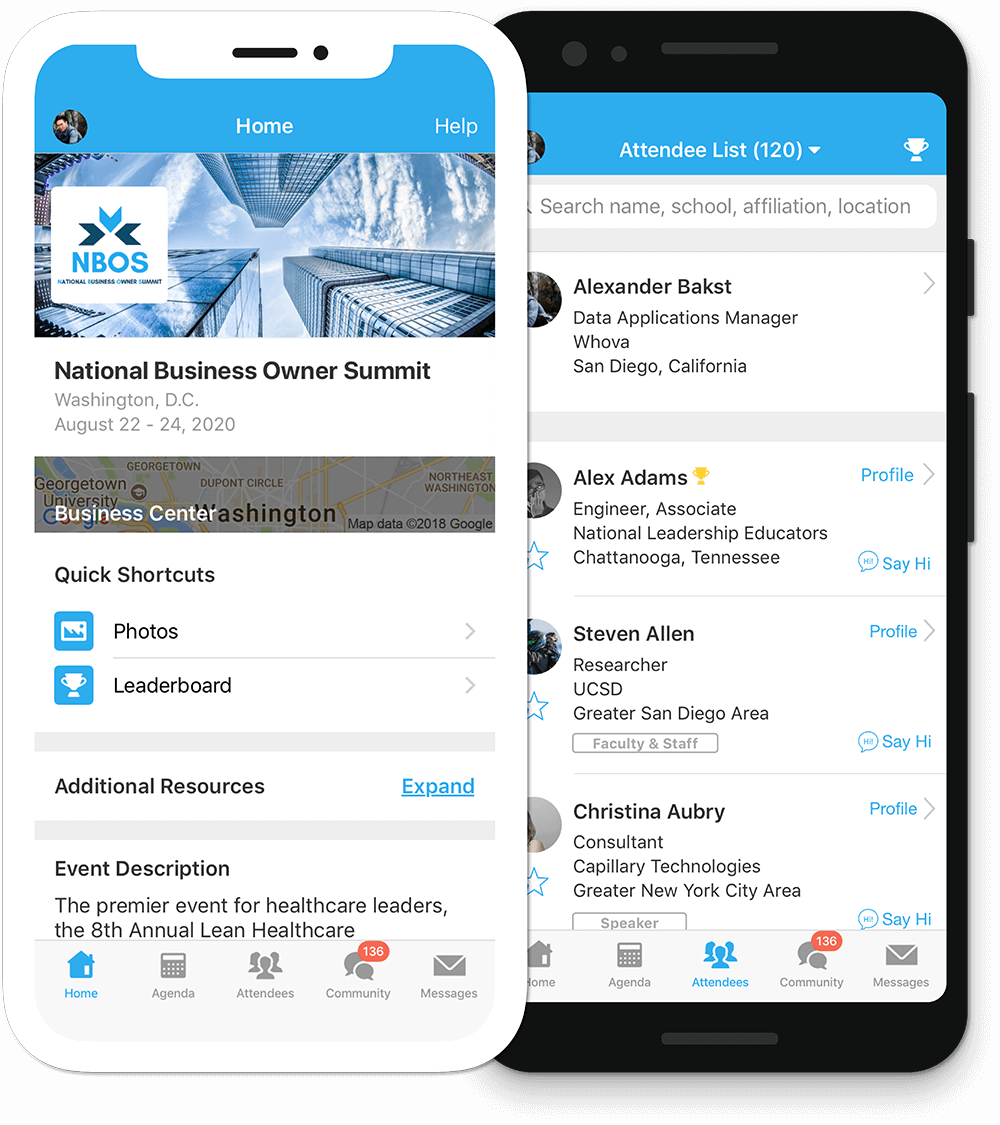
Get the most out of the app and have a more productive experience!